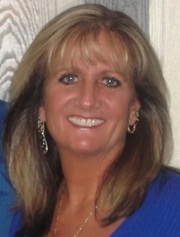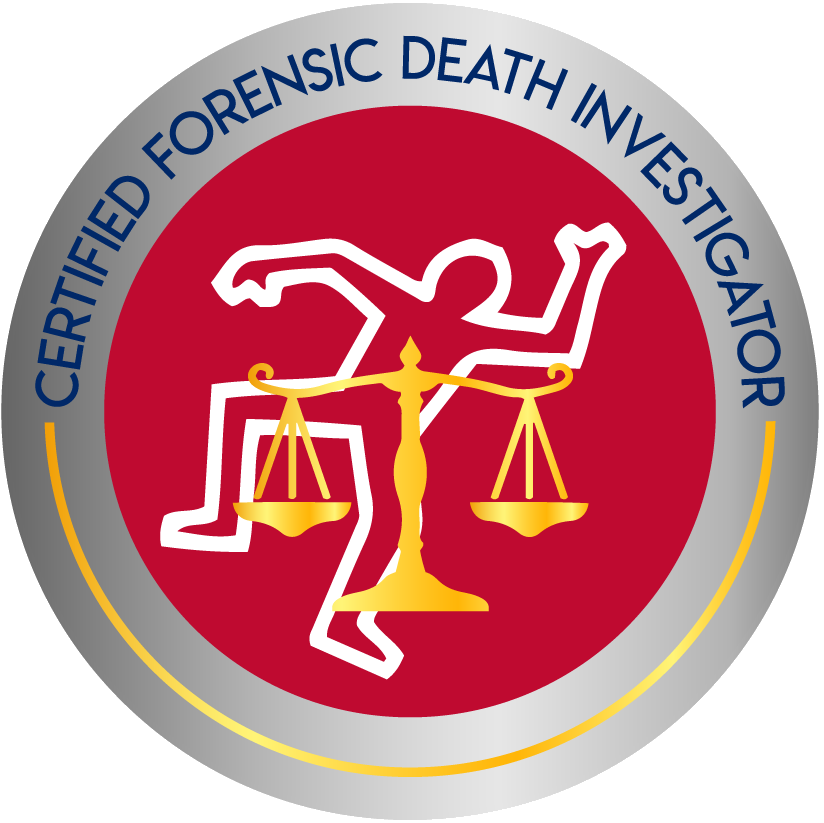
As children, most of us can relate to that fear when we know we or one of our friends have done something that we could get in trouble for. We would usually end up either spilling our guts when confronted or lie until we were trapped in a corner and had to tell the truth or be in yet worse trouble.
That “trouble fear” can cause many emotions and thoughts rush through our bodies and minds. What to do what to do? As adults, we know what to do; we know the best way to face any fear is with the truth. We also know that when someone is physically hurt, or they are not quite acting what we might perceive as “normal” mentally, we call 911. We, as responsible adults know we must act, and we cannot let the “trouble fear” factor play any role in our decisions to help another human being.
As parents, it is our job to instill these same reasonable reactions in our children, teenagers and young adults. Getting in trouble should not stop anyone from calling the proper authorities when in a situation where another human needs help – period! I know there are parents who still act like teenagers who would not act appropriately due to “trouble fear” as well, mainly because they themselves are doing something illegal – perhaps providing your child/ren with alcohol when underage, or another drug of their choice.
The bottom line – if any of us responsible adults can instill in our youths that “trouble fear” is something we all understand and know, but we never let that fear stand in our way of calling for help, we all will be doing a little community service just by voicing a few words.
As in the case of Rachael Fiege, a university student who fell down the stairs at a party. The true details may never be known as to how she fell. We will be able to know once the toxicology report is in how much alcohol she had consumed. Did these fellow students think she was just too drunk to not respond after the fall? Someone should have called for help, and I imagine the “trouble fear” is what stopped them from doing so. Whether it would have changed the outcome, we may never know.
Now however, not only will these friends never know if they could have saved Rachael’s life, they have to live with this guilt of not calling for help for the rest of their lives going over and over all of the what ifs in their minds. There is even a law in Indiana that would have protected these friends if they sought medical help.
As death investigators, we have seen situations like this very scenario over and over again. We have seen deceased be left on sidewalks outside emergency doors at hospitals; I guess they deserve credit for trying. We have reviewed drug cases where “friends” decide to restrain instead of call for help and the victim dies due to positional asphyxiation. We have reviewed cases where the intoxicated friend was put in a room to sleep it off…only to be left alone to die of alcohol poisoning. This list could go on, but you get the idea.
As with anything, in some situations there truly will be no way of knowing if a person is in a dire situation. Underlying medical conditions only the victim may know about can cause a relatively innocent situation turn into an emergency, but that doesn’t happen as often as the not calling due to the dreaded “trouble fear”.
We need to wake up and teach our young people it is better to call for help and get in a little trouble than to have a friend die and live with the guilt of not making a simple phone call that might have saved a life.
http://www.courier-journal.com/article/20130828/NEWS02/308270149/Parents-Rachael-Fiege-won-t-cast-blame-death-IU-student
*****
Karen S. Beers, BSW, CCDI, earned her Bachelor's in Social Work from Colorado State University (Magna Cum Laude). She is a Colorado Licensed Private Investigator (#PI-502) and also a Certified Criminal Defense Investigator (CCDI) and certified in Medicolegal Death Investigations. Her background, education and experience with victim advocacy and counseling are valuable assets in working with families and victims of traumatic events.
As a death investigator Karen was involved in the investigations of all manners of deaths and incidents, training under three Forensic Pathologists. From 2004-2006 she investigated and assisted with numerous death cases and scenes, and assisted with forensic autopsies.
Following graduation from Colorado State University was an extensive internship at a youth counseling and rehabilitation facility. She is also a member of the Criminal Defense Investigations Training Council. Karen has been professionally published with 'The Basics of an Autopsy Report' (PI Magazine, Dec 2011) and 'Understanding Suicide and its Prevention – Equivocal Death Investigations' (PursuitMag.com, Dec 2011), ‘False Confessions and Accusations’ (PursuitMag.com, Feb 2012). With Dean she co-developed 'Death Investigation for Private Investigators', an online continuing education course for www.PIEducation.com.
Karen is a member of the Criminal Defense Investigation Training Council and the National Defender Investigator Association.
Karen enjoys also using her creative mind with painting, drawing and writing - including 'Letters from Yesteryear' at www.LettersFromYesteryear.com. They have two daughters, a granddaughter and identical twin grandsons.


